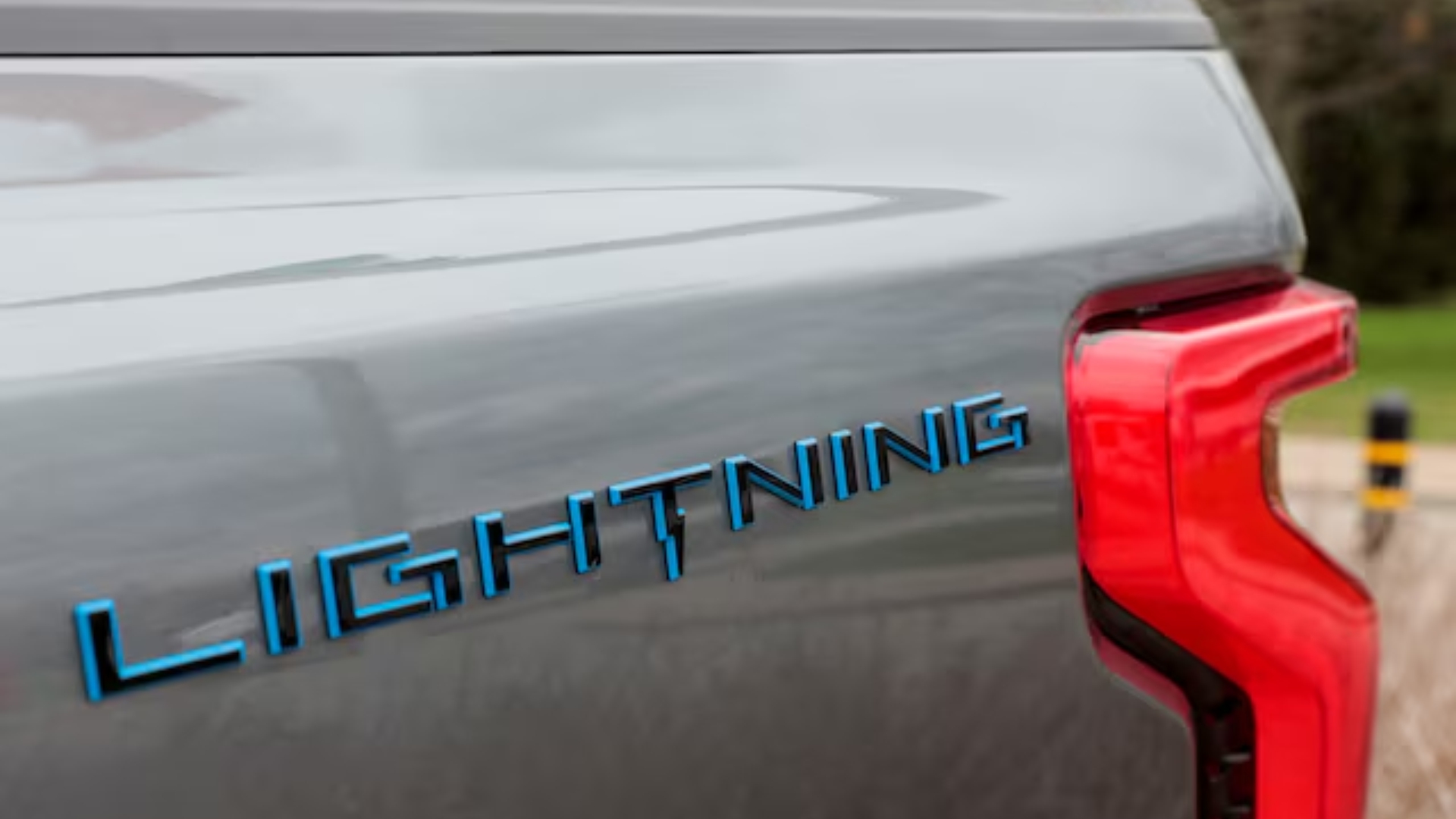DETROIT, (Reuters) – Ford Motor Co will soon allow all of its dealers to sell electric vehicles, reversing its more selective allocation system in an effort to boost slower-than-expected sales.
The pivot, which goes into effect July 1, unravels previous requirements that only let dealers sell EVs like the F-150 Lightning pickup and Mustang Mach-E SUV if they had invested a set amount in training and infrastructure.
The Dearborn, Michigan, automaker unveiled the EV selling rules in late 2022, requiring dealers to spend between $500,000 to about $1 million on expensive charging equipment and other programs. About half of Ford’s 2,800 dealers enrolled in the group since it was introduced.
“We want to make these great vehicles more accessible to everyone,” Marin Gjaja, chief operating officer for the company’s EV business, said of the change in requirements.
“There is always a learning curve with a new technology and introducing EVs in a simple, hassle-free way helps to remove many of the perceived barriers our dealers and customers are concerned about,” he added.
Dealers were required to meet certain training requirements, in addition to installing chargers, to prepare their staff to help educate customers on the complexities of EV ownership.
Ford CEO Jim Farley previously warned dealers they would be held to “brutal” standards to stay competitive and serve customers during the EV transition.
That transition has been bumpier than many auto executives expected. Automakers like Ford have prioritized production of hybrid vehicles as sales growth rate of these models have outpaced pure EVs. U.S. hybrid sales increased 25.3% from 2022 to 2023 for Ford, whereas EV sales rose 17.9% over the same period.
New EV players like Tesla tab sell directly to consumers without dealerships, giving it a financial advantage over legacy automakers. Farley has noted that Ford spends about $2,000 per vehicle more than Tesla because of its franchise dealer model.
Dealers who did invest hundreds of thousands into the machinery and programs Ford required are feeling burned now that EVs will soon be available to all. Some dealers told Reuters they are having trouble moving EVs off their lots into the hands of customers, and are even refusing shipments of electric models because they are selling them at a loss.
Scott Kunes, COO of a Midwest dealer group that sells Ford vehicles among several other brands, was one of the 1,400 dealers who joined the program. He had concerns about EV demand, though, so his group only made the investment for their two largest Ford locations in Wisconsin and Illinois.
“The dealers have been kind of screaming from the sidelines for a while here that the EV demand is just not there,” Kunes said. While he’s glad Ford took the step they did, “it’s still a little bit too late.”
Reporting by Nora Eckert, editing by Ben Klayman and David Gregorio











